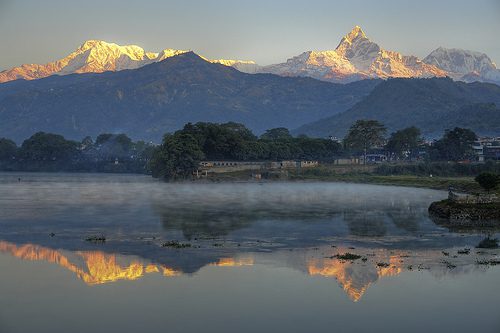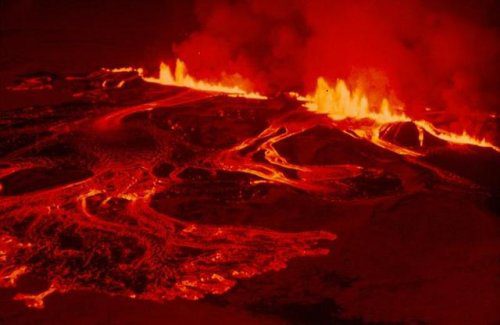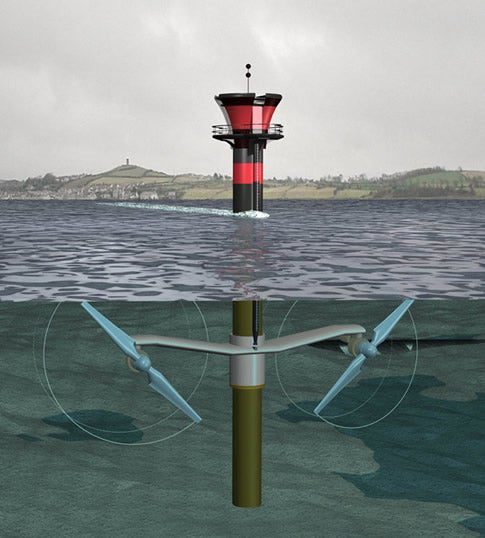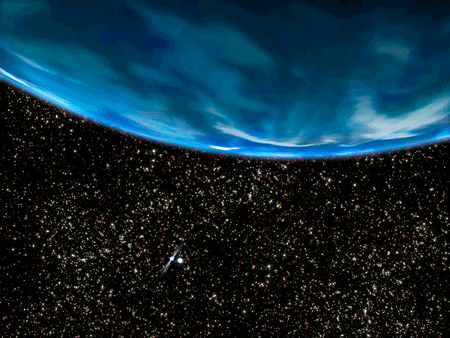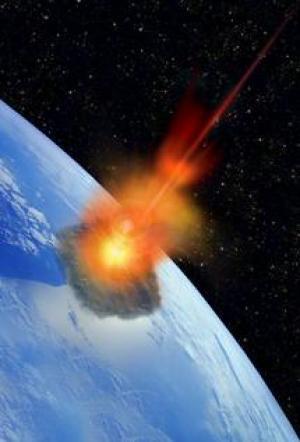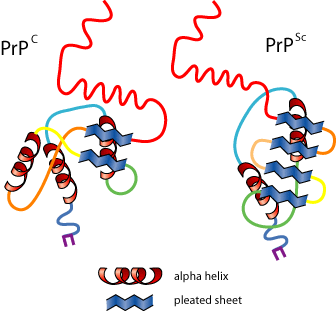Author: Pauline Edwards
I’m going to continue with this month’s mountain theme, as it seemed to be really loved (even more will follow after this). In the previous post I wrote, with the 5 highest mountains in the world I felt bad because I didn’t have the chance to mention two mountains which fascinated alpinists from all around […]
Volcanic eruptions are impressive natural phenomena; it begins when pressure on a magma chamber forces magma up through the conduit and out the volcano’s vents. Seen on the TV or in the newspaper, they’re just fantastic and gorgeous. But if you’re unlucky enough to be there… it’s really deadly. But volcanic ash can also bring […]
Tesla says the founder of rival Fisker Coachbuild stole confidential information in order to build a competing vehicle.
The Aztecs were the dominant civilization in Mexico for several hundred years, when their “reign” was stopped by the Spanish in the early 1500s. An astonishing thing about them (among others) is the fact that they left behind really extensive mathematical writings, intriguing scholars ’til this day. Two manuscripts in particular have been object to […]
Massive structure off Northern Ireland will start producing electricity later this year
It’s said that even though computer have so much processing power, it some ways, it can never even get close to interpreting information like the human brain does. But is that really so? Beauty lies in the eye of the beholder, right? Right ?! The thing is that according to scientists at Tel Aviv University, […]
The hunt is on for finding other planets we can live on; this is probably the next step for us as a species, and may just be crucial, considering how things are developing on Earth. But we haven’t had much luck with that so far. Now, scientists are using a method which is claimed […]
Penn State Erie, obviously conscious of the fact that the approaching baby boomlet in America will give it potential to swell their ranks, decided to take a stride towards fielding the best Dungeons and Dragons team in all the land by announcing the results of a study that looked into the length and perception of […]
After the “crash site” in Peru, meteorites keep the headlines again! This time, scientists from the University of Oxford and the University of Aberdeen found the biggest meteorite to ever crash in the British islands. The scientists believe that a large meteorite hit northwest Scotland about 1.2 billion years ago near the Scottish town of […]
Prions (or proteinaceous infectious particle; on comes from analogy to virion) are the nasty little buggers responsible for disorders such as mad cow disease and other neurodegenerative diseases. They’re dangerous especially as they’re really hard to detect before symptoms appear. Now, according to Nature, scientists are trying to develop sensors that can detect […]
Keep updated
Get the latest creative news from FooBar about art, design and business.





